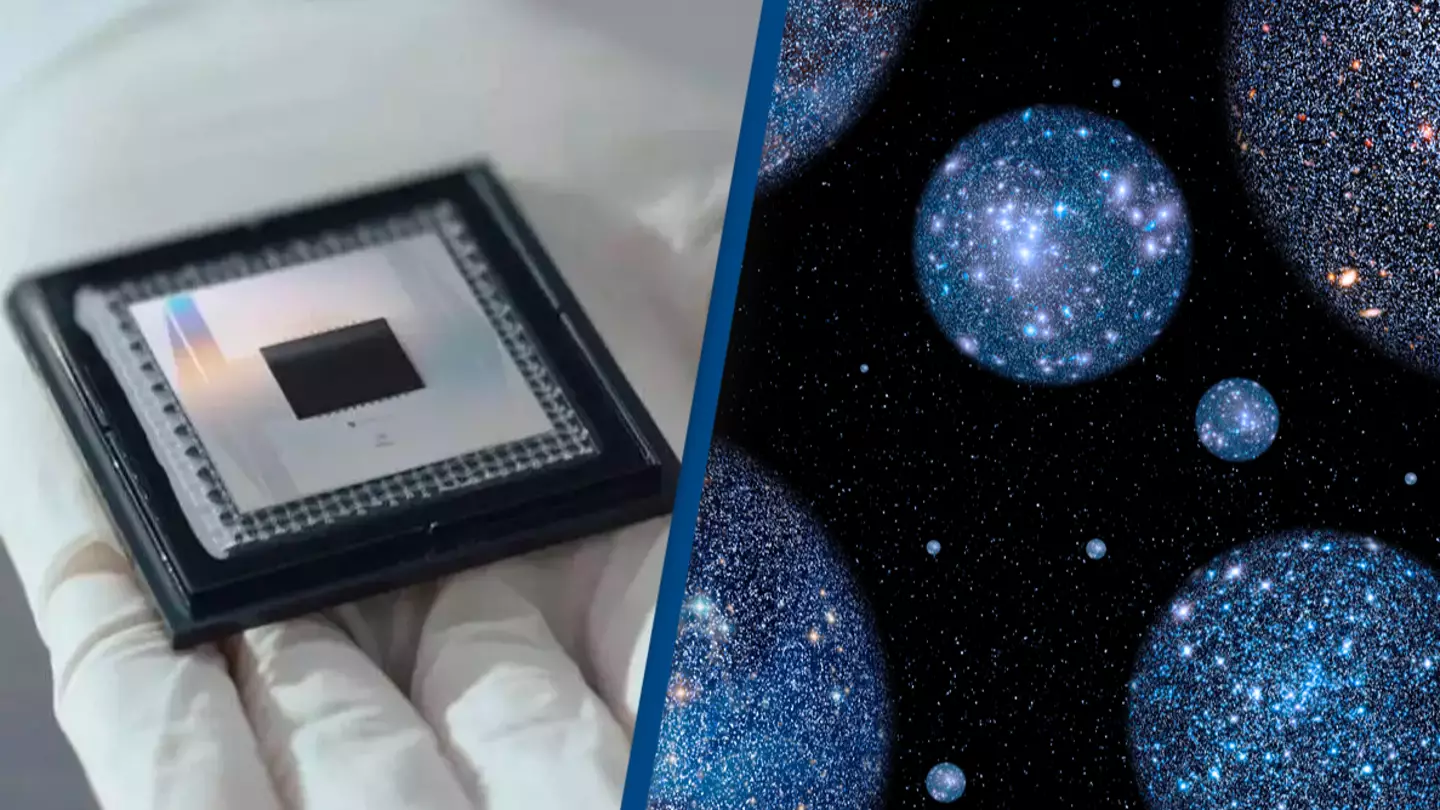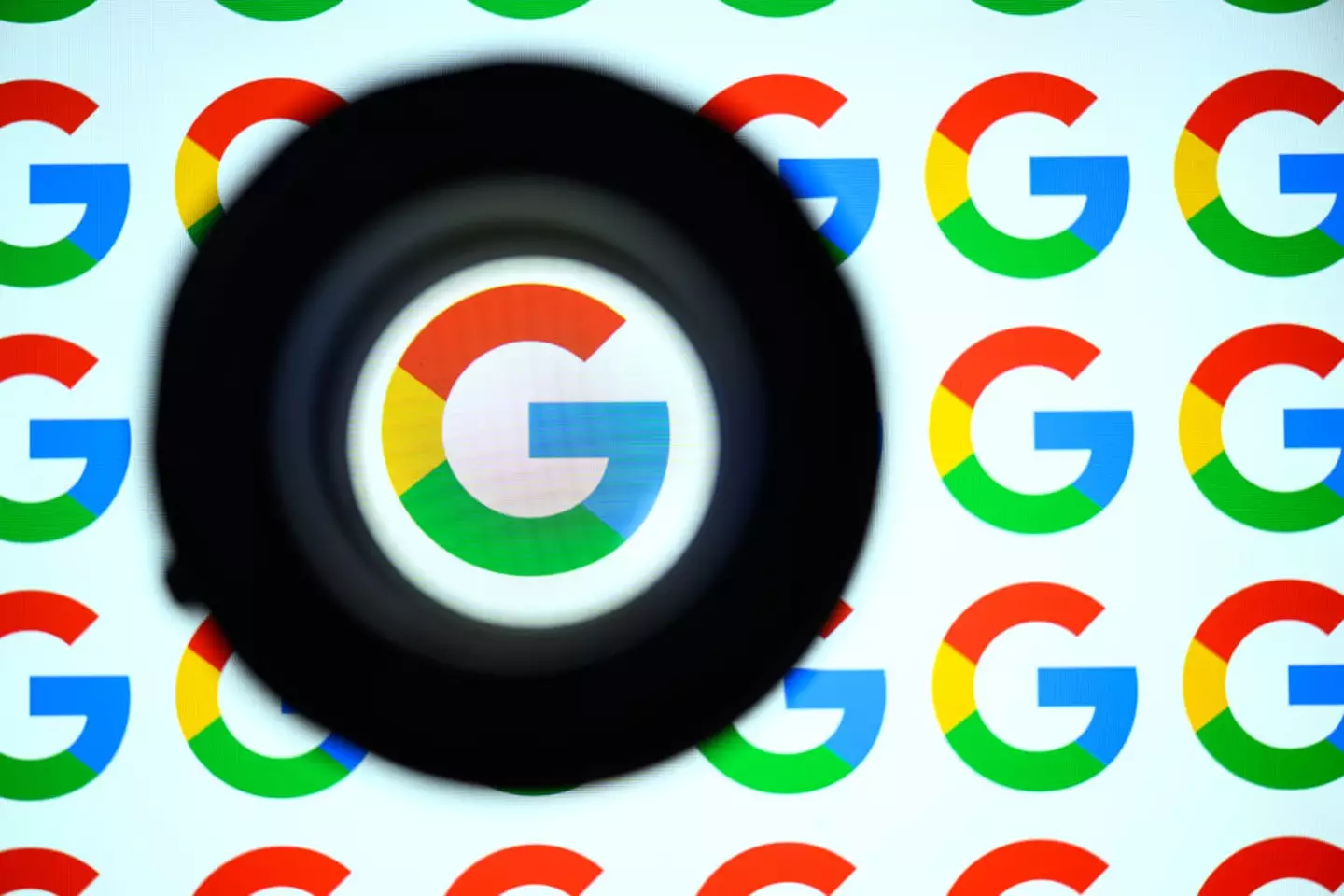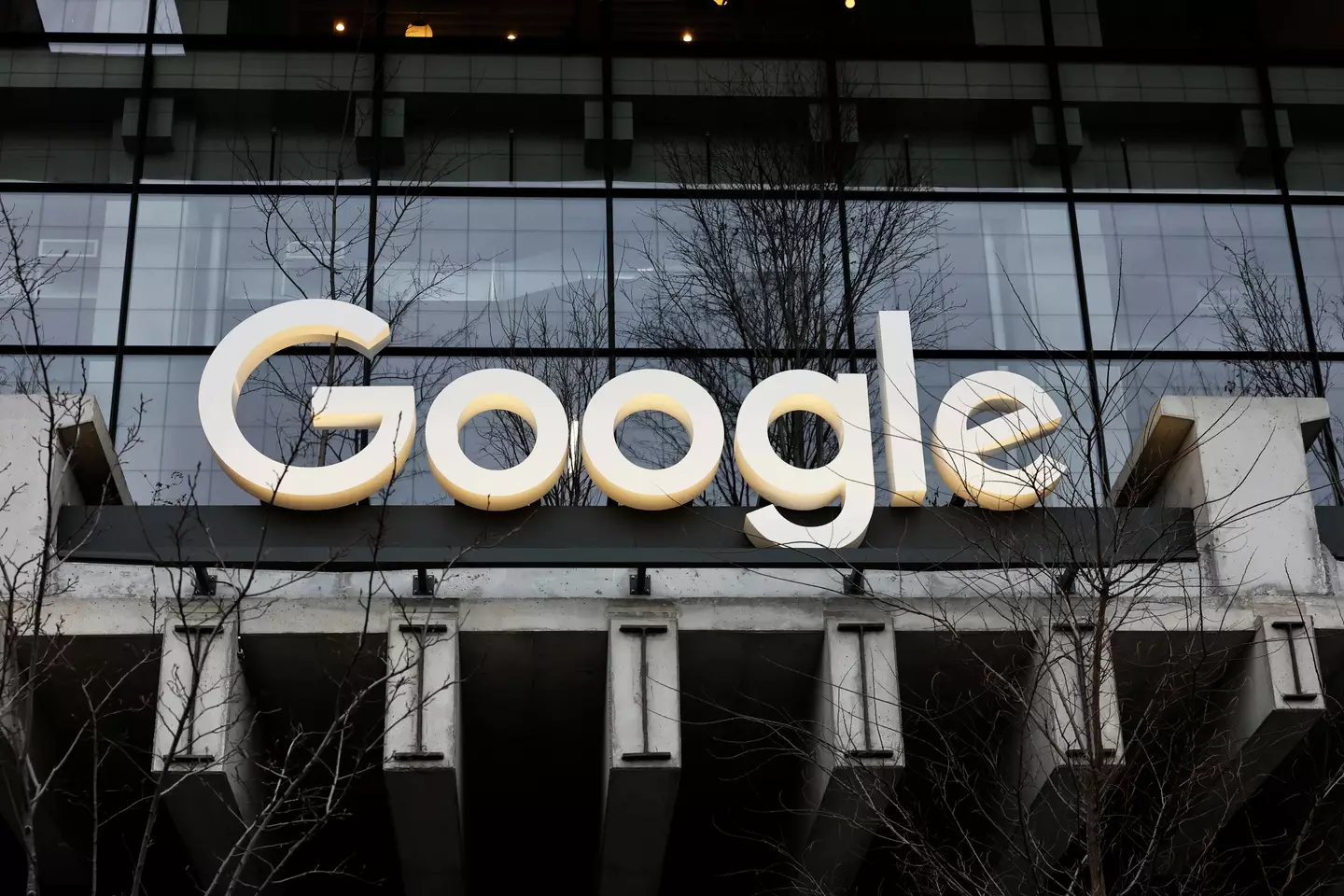
Google has claimed it's found mind-blowing proof that 'we live in a multiverse', which is certainly one of the biggest claims to have been made by the tech giant to date.
Ever since Google was founded in 1998, the company has continued to push forward for innovation and is often seen as the pioneer in the tech space.
Now, the wizzes over at Google are hying up a new chip known as 'Willow', which offers unprecedented speeds that will for sure excite all the tech nerds out there.
So, how quick actually is this chip?
Advert
Well, Google says it can get through problems that would typically take ten septillion years in under five minutes.

In a blog post, Google Quantum AI head honcho, Hartmut Neven, said: "Willow's performance on this benchmark is astonishing: It performed a computation in under five minutes that would take one of today's fastest supercomputers 1025 or 10 septillion years. If you want to write it out, it's 10,000,000,000,000,000,000,000,000 years.
"This mind-boggling number exceeds known timescales in physics and vastly exceeds the age of the universe. It lends credence to the notion that quantum computation occurs in many parallel universes, in line with the idea that we live in a multiverse, a prediction first made by David Deutsch."
Yep, that's literally someone at Google saying the only way to explain the amazing speed is due to lines being blurred between ours and a parallel universe.
So, what's next for the future of Willow and when will it become readily available?
Well, the chip certainly has an exciting future - and one that could be ground-breaking for the tech sector.

"The next challenge for the field is to demonstrate a first 'useful, beyond-classical' computation on today's quantum chips that is relevant to a real-world application," a press release states.
The release continued: "We’re optimistic that the Willow generation of chips can help us achieve this goal. So far, there have been two separate types of experiments. On the one hand, we’ve run the RCS benchmark, which measures performance against classical computers but has no known real-world applications."
Google went on to say the new chip will bring the company close to 'running practical, commercially-relevant algorithms' that can't typically be replicated on the conventional computers found in the average home.
While Willow is already incredibly fast, Google says they are continuing to make progress that could somehow see it even quicker.
Topics: Google, Technology
